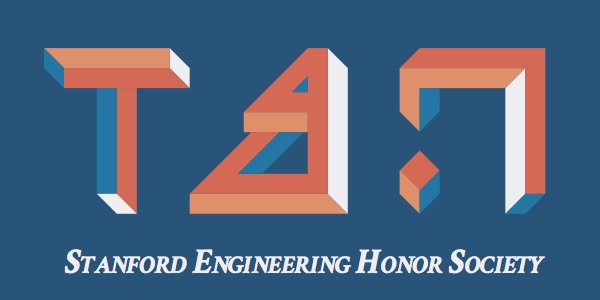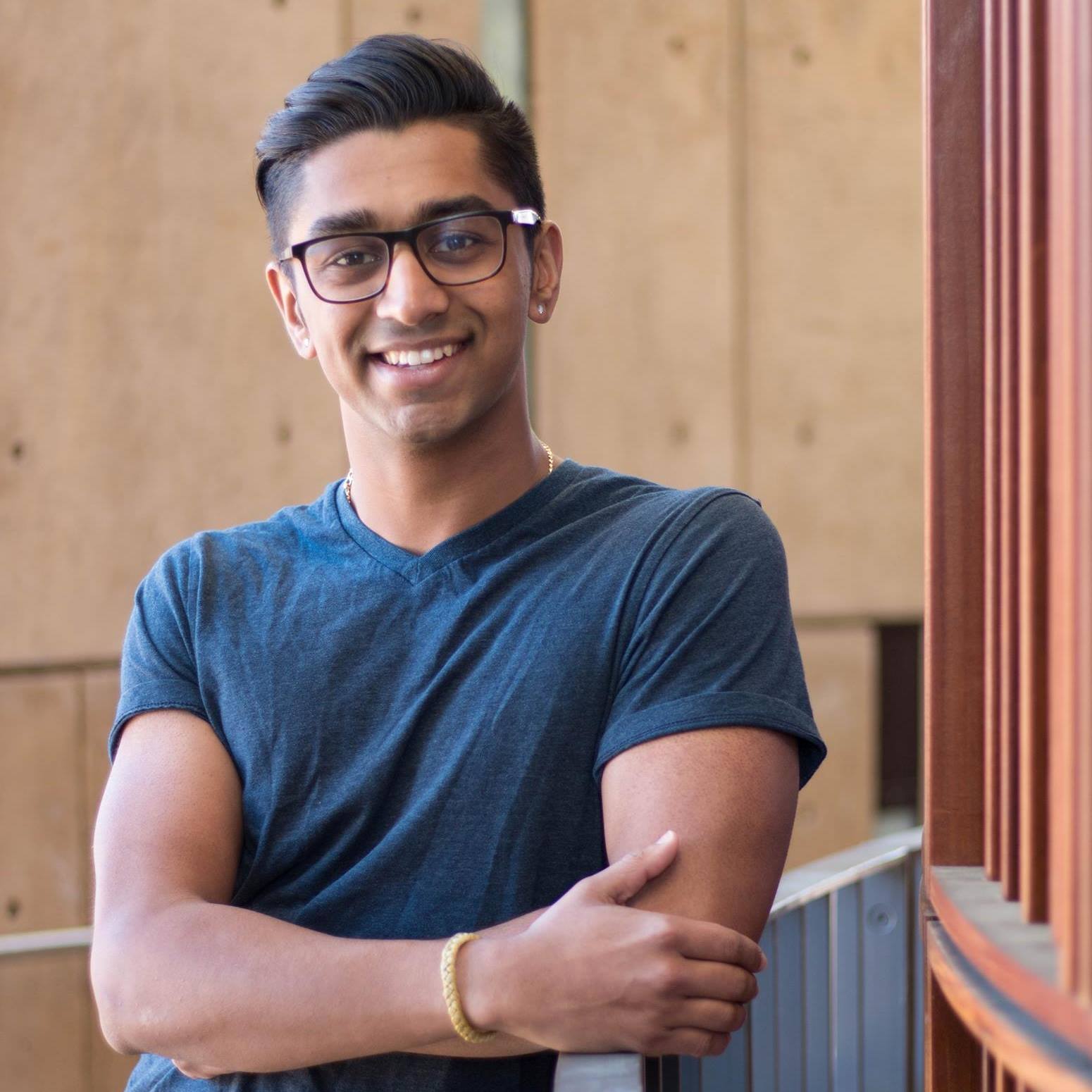As the sun set over downtown Johannesburg, igniting the sky above the soaring Vodacom tower, I wondered what it meant to be part of a struggle utterly foreign yet intimately familiar. To know that even in the region of the world as far as physically possible from home, the fundamental challenges remained the same: Equality. Justice. Freedom.
The summer after my junior year, I had the opportunity to work with a nonprofit civic technology organization named Grassroot in Johannesburg, South Africa. Grassroot builds a platform to equip communities across South Africa to organize and mobilize more accessibly and effectively. Over the course of the summer, I learned about the challenges facing the country 25 years after the end of apartheid. It quickly became clear that although apartheid has ended, much of the fundamental inequity stemming from the 46 years of racial segregation and exploitation remains. The struggles for equality, justice, and freedom that ultimately toppled the apartheid regime have not concluded, but evolved. Grassroot’s work centers on leveraging technology to support those sustaining these struggles.
On returning home, I thought often about how despite the vast geographical, cultural, and historical differences between South Africa and the United States, the situation in the U.S. is fundamentally similar to that in South Africa. It has been 150 years since the end of the Civil War, but we’re still grappling intensely with the legacies of slavery. It has been 50 years since the end of Jim Crow segregation, but our cities remain profoundly segregated. Oppressed peoples in the U.S. have been fighting for equality, justice, and freedom for centuries, and they continue that fight today.
Stanford is often depicted as a place for learning. While that has been true for me, an equal portion of my Stanford experience has been a process of unlearning much of what was taught to me growing up about history and society, so that I can see the world as it is. My humanities education has shown me how systems of power stemming from white supremacy have perpetuated inequality, injustice, and oppression in the United States and throughout the world. My engineering education has equipped me with tools that I believe can be applied to build technology that helps people challenge and change those systems of power. The time I spent at Grassroot showed me that this is possible. I know it is also necessary.
Through engineering, I have witnessed the power, beauty, and excitement imbued in the process of building something. I have seen that technology is immensely powerful. However, I have also learned that building something comes with a responsibility, and technology and power do not enter a neutral world. A challenge that engineering cannot solve alone is how to think critically about the power that comes from the things we build and the impact that will have. But I believe it is a challenge that must be addressed by every engineer if systems of power are to be challenged and a more equitable world is to be realized, both here and everywhere.

Blogger:
Christopher Koenig
Favorite engineering-related sources for inspiration:
https://medium.com/topic/artificial-intelligence
Why did you choose to be an engineer?
I love logical problem-solving and being able to understand how the things we take for granted work beneath the surface. I also believe that engineering needs people who think critically about power and equity in society to be a part of shaping new technologies and guiding the direction of artificial intelligence applications.
Hometown:
Mission, Texas
Class year:
2019
Field:
Computer Science
Blogger bio:
Chris is from South Texas and is a senior at Stanford majoring in Computer Science. He loves to read about history and education and hopes to do work at the intersection of technology and education & community organizing.

